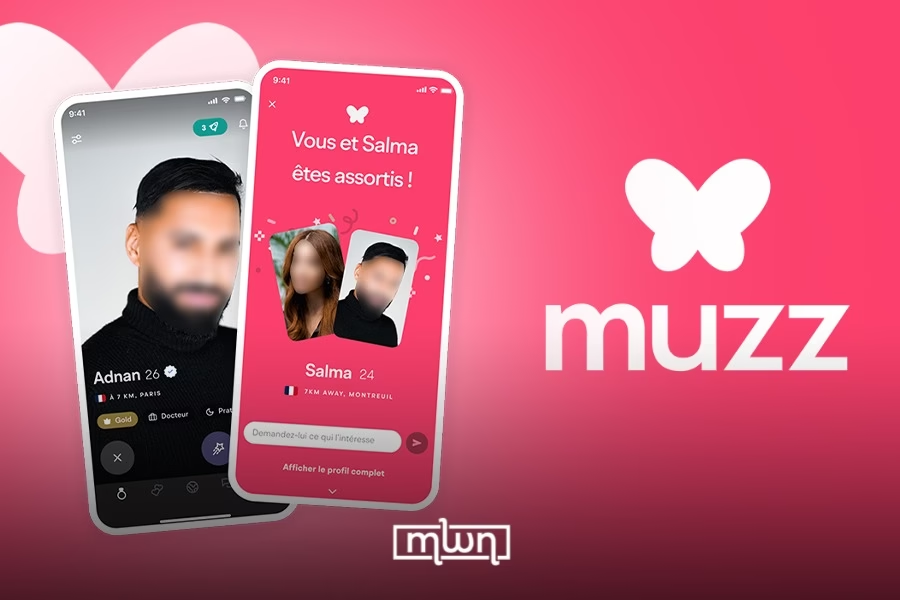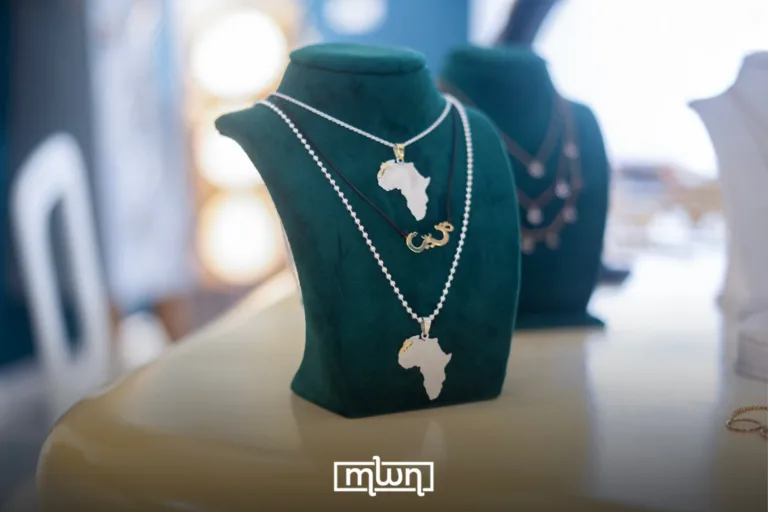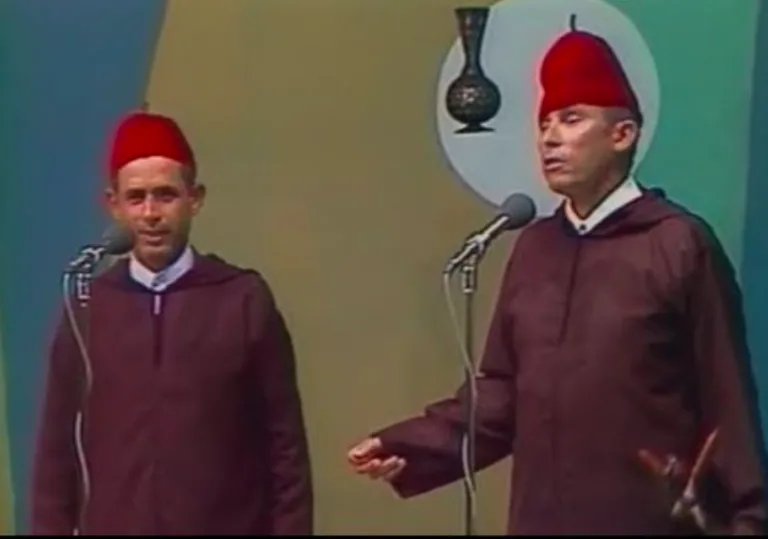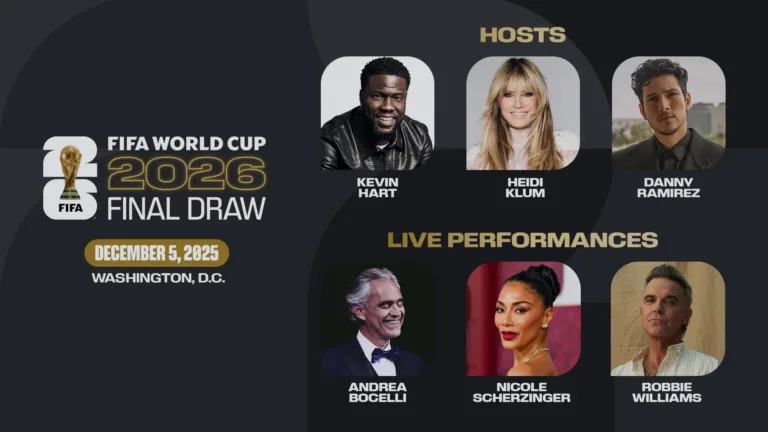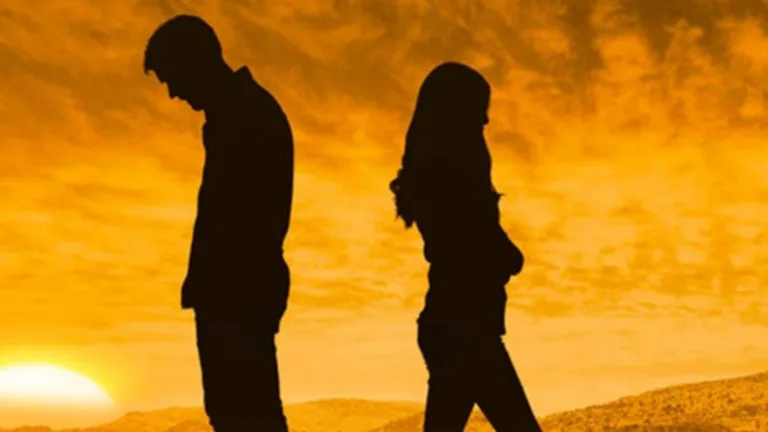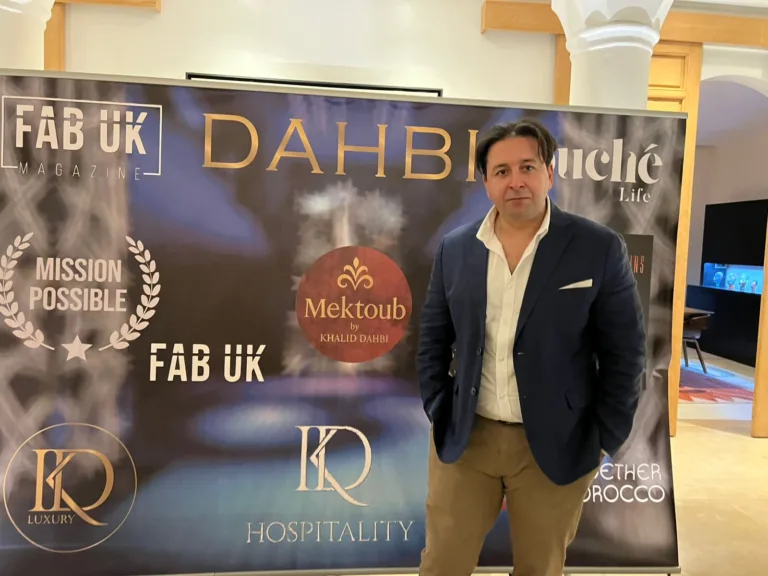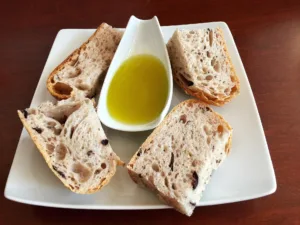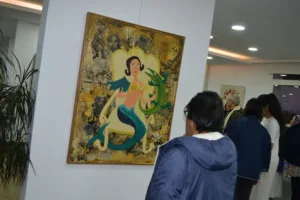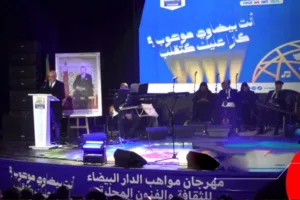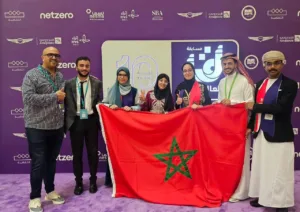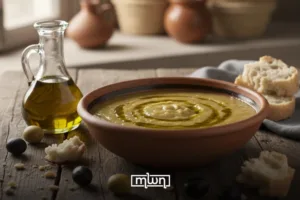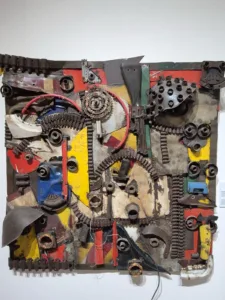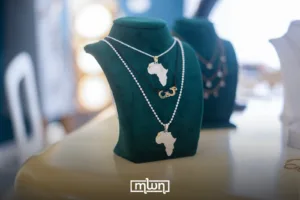Marriage and technology have long been uneasy partners until Muzz entered the chat.
Rabat – When you hear “dating app,” you might think of swiping, casual chats, or maybe even something a little awkward. But Muzz is flipping the script.
Their latest campaign is proof that dating for marriage and modern life don’t have to clash, in fact, they can support each other beautifully.
Muzz is the world’s largest Muslim “marriage app”, with over 12 million members from around the world and more than 650,000 couples who have found lasting relationships through the platform.
Unlike typical dating apps, Muzz is built for those serious about marriage, not casual dating. Its focus is on cultural values, commitment, and helping users find partners who share their outlook on life and relationships.
Morocco is a market where conversations around dating and marriage are layered with tradition, family expectations, and social norms. Muzz’s approach recognizes this complexity and embraces it.
Their newest campaign, launched in June 2025 and filmed in Casablanca, offers a new perspective, one that feels deeply Moroccan yet modern, honest, and relatable.
This isn’t just another ad. The campaign feels more like a short film. It tells a story that many Moroccans recognize, from classic movies, TV dramas, and real-life moments that have shaped how people think about love and fate. The title, “You never know what fate has for you”, captures the feeling of uncertainty and hope that colors any search for love.
Instead of flashy marketing gimmicks or generic images, the campaign carefully crafts every detail to feel authentic.
The costumes, the dialogue, the setting, all are true to Moroccan culture, not copied from international trends.
This kind of attention creates an emotional connection that resonates with viewers. Many have described the video as nostalgic and sincere, a rare find in digital marketing today.
A tailored respect for culture as a gateway for love
Muzz says their mission in Morocco goes beyond providing a matchmaking service. It’s about changing the conversation around marriage apps.
For years, these platforms carried a stigma, seen as either last resorts or tools for casual sexual encounters. Muzz challenges this by presenting marriage as a serious, hopeful, and deeply personal journey.
The campaign’s message? Muzz is a tool for people ready for commitment, not just a way to pass time.
It respects the weight of marriage in Moroccan society, where it often involves families, traditions, and long-term planning.
By framing their service in this way, Muzz makes the idea of using an app for marriage feel natural and even necessary in today’s world.
The campaign also taps into a subtle but important cultural shift. Younger generations in Morocco are navigating between the expectations of their parents and their own desires for independence and choice.
Muzz’s story acknowledges this balance. It shows that modern technology and tradition can coexist, that finding a life partner through an app doesn’t mean losing cultural roots, but adapting them.
Behind the scenes, the campaign took over six months of work from a dedicated Moroccan team. Every element, from script to shooting locations, was chosen to reflect authentic experiences and emotions.
This investment pays off in a final product that doesn’t feel like an ad to skip but a story to watch, reflect on, and share.
The campaign’s impact has been clear. In just a few weeks, it reached millions across Instagram, Facebook, and YouTube.
Viewers praised it for its storytelling, its cultural references, and its emotional honesty. This response shows there is real appetite for content that respects Moroccan culture while offering new ways to think about love and marriage.
A quiet revolution
What Muzz is doing in Morocco is part of a broader global mission. The app started as a website in 2011 and quickly grew into the first Muslim marriage app on mobile platforms.
Over the years, it has supported hundreds of thousands of couples worldwide, all while maintaining a clear focus on serious relationships within the Muslim community.
But Morocco represents something unique. Despite high school enrollment rates, many children and young adults face challenges in education and opportunity.
In parallel, the way people meet and build relationships is evolving quickly. Muzz’s entrance here is about more than business, it’s about contributing to a social change that aligns tradition with modern life.
This campaign, and the app itself, reflects that vision. It’s a reminder that marriage doesn’t have to be an obstacle or an outdated idea.
Instead, it can be a journey supported by tools that are culturally aware and built for today’s realities.
In the end, Muzz’s latest campaign is a quiet revolution. It opens the door for honest conversations about love, commitment, and the role technology can play without erasing culture.
For Moroccans navigating this balance, it offers a new story, one where tradition and modern life don’t just coexist, but strengthen each other.

